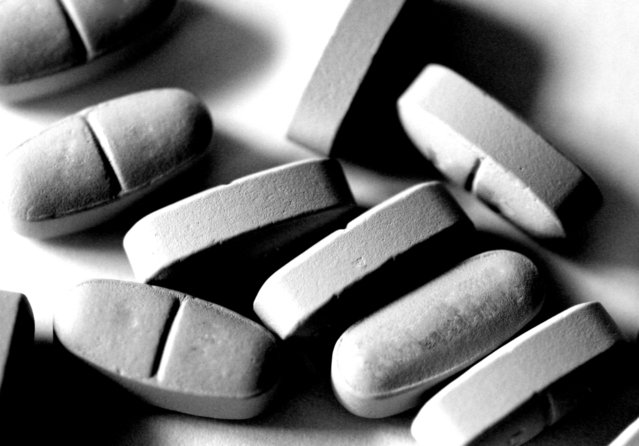After researching the effects and use of Naltrexone, I came across some interesting claims as to its effectiveness in treating Addiction.
I have for some time been aware that Naltrexone is an opiate antagonist. This means that while using it any opiate taken will not give the user the desired euphoric effect.
This drug can only be administered to clients when they are fully detoxified and for some has been an effective deterrent which has allowed for a sustained period of abstinence.
One drug to another
Unfortunately an addict looking for relief, who recognises (usually by testing Naltrexone effectiveness) that an opiate will not deliver, often will start using a drug not blocked by the antagonist.
I have a client who had an implant before leaving a detox clinic. He began to use cocaine regularly combined with alcohol, both which previously had not been a problem for him.
In deactivating the drug primarily used, in this case an Opiate, does not address the root of the problem.
 Its not the drug – its my Brain!
Its not the drug – its my Brain!
Addiction is not about a specific substance (even though a single substance may have been used). It is more to do with a need for relief from emotional pain or seeking pleasure. Over a period of time, repeated using behaviour produces a change within the brains reward system. This makes using singularly more important than anything else.
Naltrexone is being used to treat those using alcohol and it is the way in which the antagonist alters the reward system that is given as the reason. The value of using Naltrexone is limited. I will occasionally refer a client for Naltrexone implants, but will always advise therapeutic intervention and total abstinence as a preferred option
Naltrexone has been used as a bandaid. Yes, it has use as a short term way to attain stability. But surely must be backed up with treating the whole addiction and not the symptoms.
John Port

 Its not the drug – its my Brain!
Its not the drug – its my Brain!